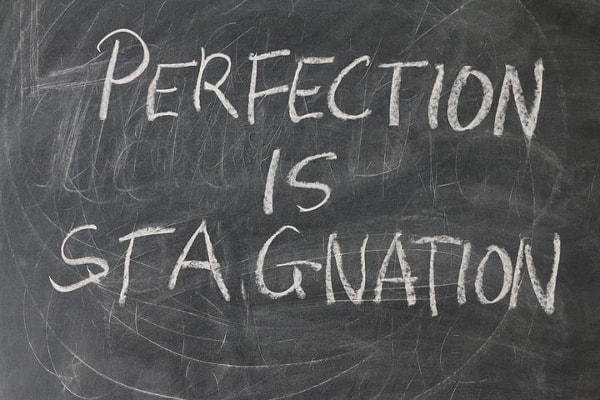|
Let’ assume you live in a little flat or house and you find yourself troubled by the fact that you have too much stuff, or you are finding it increasingly difficult to keep the place clean simply because you cannot reach certain parts of your rooms. You may have reached a stage where you cannot get into a room or two at all… in short: it’s time to start organising and/or decluttering. At this point, you have several options: you could take on the assistance of a professional, you may call in friends or family to help, or you may try to get things done on your own. If you are like most people, you’ll probably start out on your own. That is perfectly in order, and there is a chance that you will succeed. However, there is also a good possibility that your efforts will lead to nothing. Why is that? The main practical reasons why decluttering efforts fail are these: underestimating the sheer scope of the job, getting a feeling that things don’t move along at all, giving up after a couple of small defeats. Of course, a professional would be able to help with the first issue, but the other two are intrinsic to decluttering and they need emotional support. What makes the top of the list in my personal experiences is something totally different, though: it is perfectly possible to make improvements provided you stay away from the idea that everything will be resolved quickly and perfectly. Many people give up because whatever small results they manage to produce do not meet their expectations. It is important to keep in mind that decluttering is a process and not unlike moving into a house or doing renovations: the efforts to bring things out of their hiding places, taking decisions and rearranging the same things again will always lead to more disorder at first. The trouble is that you’ll need space to get things done, and the lack of space is usually the reason for starting a decluttering journey in the first place. That is, of course, one of the main issues that we all have to deal with when decluttering. The way around this is to accept a certain level of ‘not perfect’ especially in the initial phases of a decluttering project. An example: if you want to declutter your kitchen, it is helpful to first find a better, albeit imperfect, solution and then keep going and fine-tune whatever you have managed to organise up to that point. You can probably tell that an attempt at being perfect at all times will sabotage whatever you are trying to do: a good number of my clients were of the “I want this to be perfect” persuasion and it took a while to help them let go of this notion: it’s always better to move forward and make things a little better than giving up because you haven’t managed to achieve perfection. Perfection could be considered a long-term goal, with multiple stages of ‘better’, ‘passable’, ‘okay’ and ‘nearly there’ to aim for in the process. If you have enjoyed reading this, you may find these other articles interesting: Comments are closed.
|
Ask the ClutterMeisterIdeas to help clear away the mess in your homes and in your minds.
Feel free to share any of my posts, but please put in a backlink to the original blog post. Thank you. The author
Hi, my name is Tilo Flache. My mission: help clients declutter mind and space.
This blog contains pointers for your journey towards a happier living experience. Archives
November 2023
|



 RSS Feed
RSS Feed




